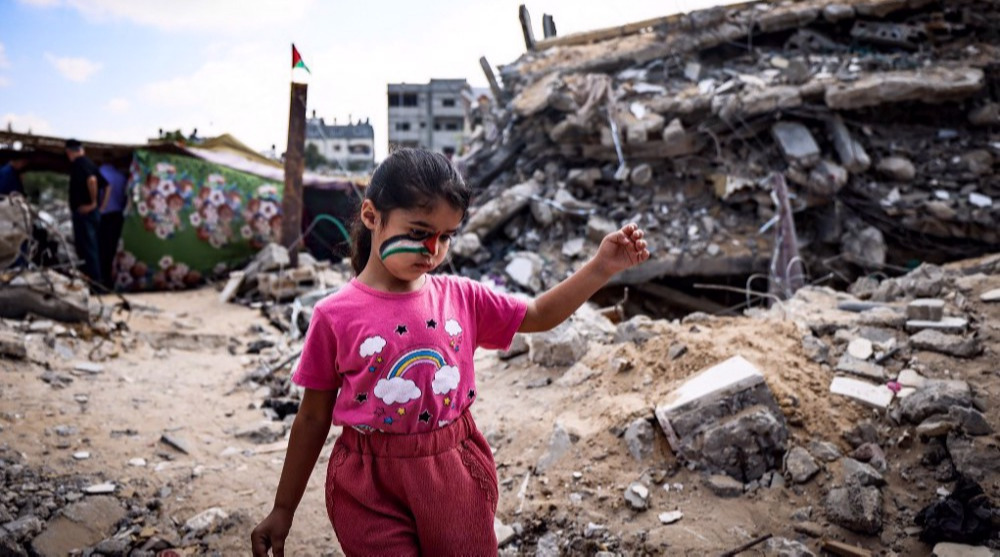
Bombings of Gaza by Israel destroy vital infrastructure
United Nations, July 8 (RHC)-- The socioeconomic situation in the Gaza Strip has been severely weakened as a result of the Israeli offensive in May, a report (PDF) by the United Nations, the European Union and the World Bank has found.
The Gaza Rapid Damage and Needs Assessment (RDNA) report published on Tuesday estimated that the damage caused by the 11-day bombardment was between $290 million and $380 million, while the recovery needs are projected at between $345 million and $485 million.
“Following the hostilities, 62 percent of the population of Gaza is food insecure,” the report said, adding that unemployment was already at 48 percent and poverty rates above 50 percent before the escalation.
The offensive killed at least 260 Palestinians, including 66 children, and caused widespread damage to infrastructure and residential areas. On the Israeli side, 13 people were killed by rockets fired from Palestinian armed groups in the coastal enclave, including two children.
The Gaza Strip is one of the world’s most densely populated areas, where two million Palestinians – half of them below the age of 18 – live in 365 square kilometres (141sq miles) of the coastal territory. It has been under blockade by Egypt and Israel for 14 years, which resulted in a dire humanitarian situation that a UN report had predicted would be “unlivable” in 2020.
At least 800,000 people do not have access to clean water, and electricity runs for only a few hours a day. Furthermore, the coronavirus pandemic has exacerbated an already weak healthcare system, with medical equipment and medicine in short supply.
The RDNA report found that most of the damage in Gaza from Israel’s bombardment in May was caused to social sectors such as housing, health, education, and social protection and jobs, at an estimate of $180 milloin. “The housing sector alone represents almost 93 percent of the total damages to the social sectors,” the report said.
The report recommended that the international community increase its support for cash assistance programmes for the Palestinians in Gaza, ensure the delivery of humanitarian aid, and transfer critical medical cases and patients outside of Gaza.
“In the short-term, socioeconomic recovery in Gaza will be determined by two factors: the level of available financing, including from donors, for reconstruction activities; and the extent of the restrictions on movement and access of people and goods entering Gaza, particularly the supply of essential reconstruction materials,” the report said.
The report also called on Israel to provide access to some vital materials for reconstruction that Israel has dubbed as “dual use materials” such as cement, chemicals, and pipes.

